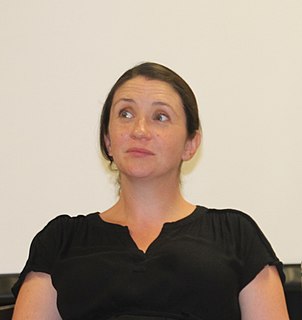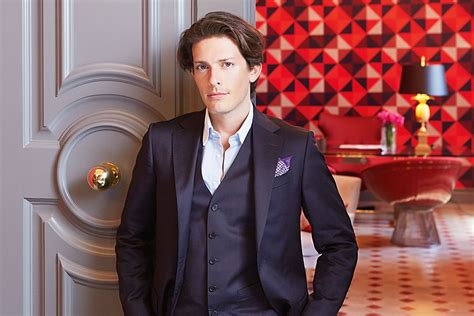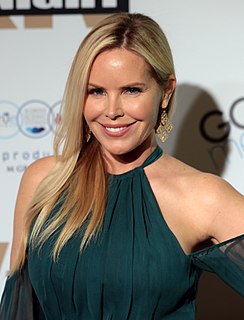A Quote by George Orwell
There were sins that were too subtle to be explained, and there were others that were too terrible to be clearly mentioned. For example, there was sex, which was always smouldering just under the surface and which suddenly blew up into a tremendous row when I was about twelve.
Related Quotes
The early entrants into the world of A.R., as with its cousin virtual reality, were disappointing: the phones were too weak, the networks were too slow, and the applications were too nerdy. But now the technological pieces are in place, and a whole generation - much of which is on Snapchat - has come to consider the camera almost a third arm.
I came from a tradition where souls were a theological reality, not a faith reality. Souls were for saving, not for communing. Souls were for converting and, once they were converted, they were to be left alone. Souls were too mystical, too subjective, too ambiguous, too risky, too... well, you know - New Age-ish.
I grew up in the suburbs of Cleveland in 1988 and there was just one year where suddenly all of the delivery kids that used to be boys were suddenly girls. It happened at our church too. Altar boys were suddenly altar girls. There was just this sense that all these young women knew there were openings here to be the first of their kind.
I was brought up by a Victorian Grandmother. We were taught to work jolly hard. We were taught to prove yourself; we were taught self reliance; we were taught to live within our income. You were taught that cleanliness is next to Godliness. You were taught self respect. You were taught always to give a hand to your neighbour. You were taught tremendous pride in your country. All of these things are Victorian values. They are also perennial values. You don't hear so much about these things these days, but they were good values and they led to tremendous improvements in the standard of living.
I was a young feminist in the '70s. Feminism saved my life. It gave me a life. But I saw how so much of what people were saying was not matching up with what they were doing. For example, we were talking about sister solidarity, and women were putting each other down. We were talking about standing up for our rights, and women weren't leaving abusive relationships with men. There were just so many disconnects.
It just struck me as really odd that there were all of these conversations going on about what young women were up to. Were young women having too much sex? Were young women politically apathetic? Are young women socially engaged or not? And whenever these conversations were happening, they were mostly happening by older women and by older feminists. And maybe there would be a younger woman quoted every once in a while, but we weren't really a central part of that conversation. We weren't really being allowed to speak on our own behalf.
I went to department stores, and there was nothing that I really loved. All the shoes were too complicated, too crazy, too ridiculous, too extreme. The platforms were so high; the shoes were so ugly, covered in crystals and feathers and crap. I just thought, 'Maybe somebody wants a beautifully simple, sexy shoe that they can actually walk in.'
There were others, women with stories that were told in a quieter voice: women who hid Jewish children in their homes, putting themselves directly in harm's way to save others. Too many of them paid a terrible, unimaginable price for their heroism. And like so many women in wartime, they were largely forgotten after the war's end.There were no parades for them, very few medals, and almost no mention in the history books.
What Bernie Sanders is talking about, which is trying to get back to a more perfect democracy, is something that we support, too. We just think that the idea of... wishing the rules were different and then pretending they were is something which, unfortunately, probably would be disastrous from the standpoint of energy and climate.
I've always thought that people who left a great deal of money in their will never enjoyed the great honor and privilege and heart-rendering feeling of giving to others during their lifetime, because they were too selfish to give to others while they were alive, so they made sure they were dead and couldn't use it anymore.







































